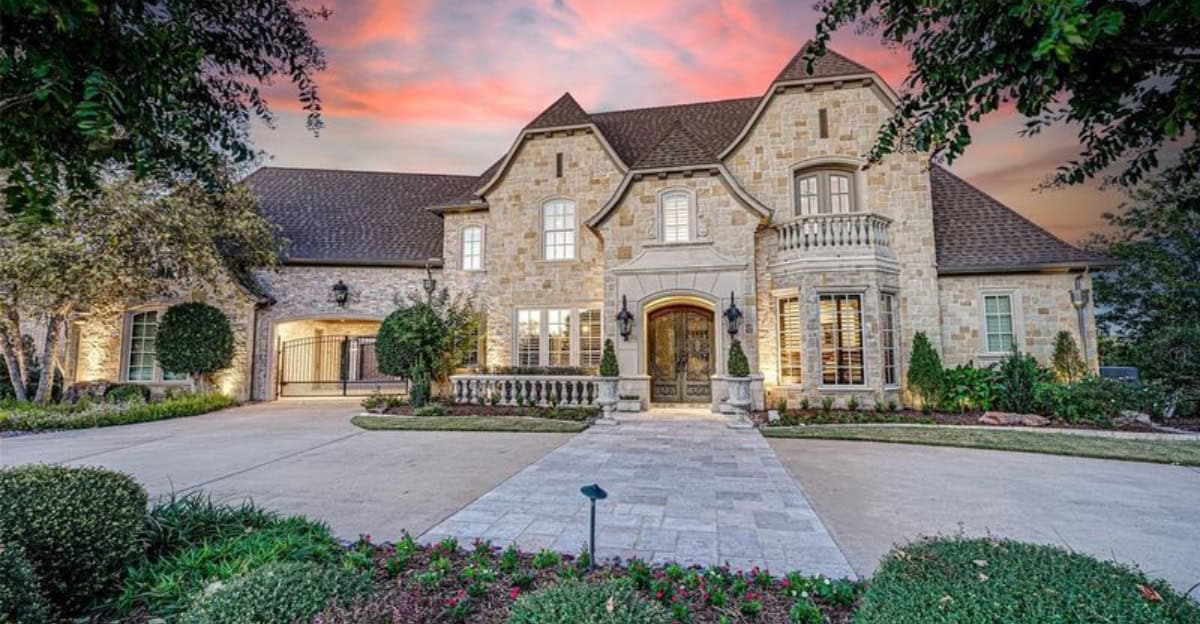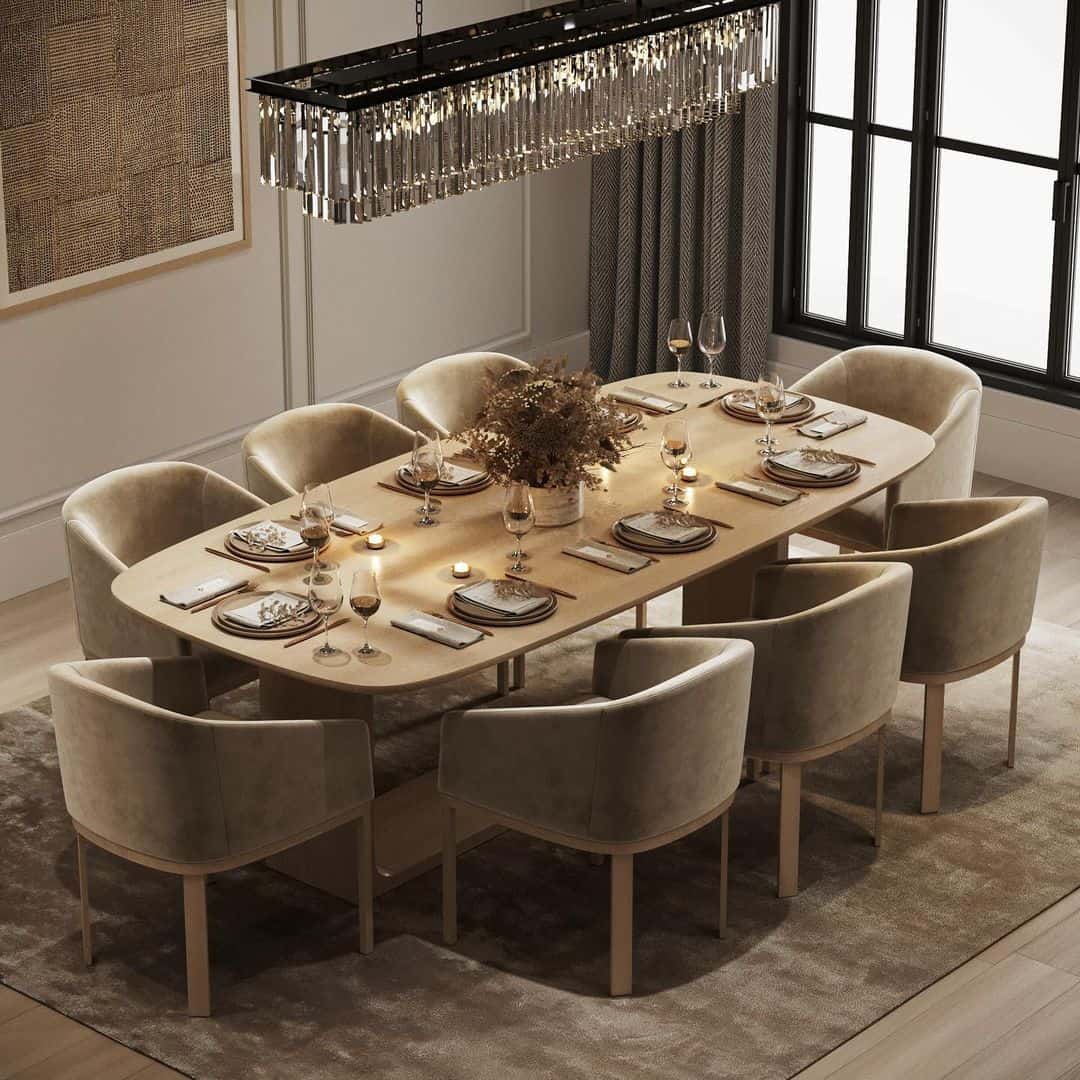In today’s ever-evolving real estate landscape, certain home features that once seemed essential are now becoming more of a hindrance than a help.
Whether due to maintenance costs, ecological concerns, or shifting lifestyle preferences, these elements are losing their appeal.
Let’s explore 10 of these features that homeowners and buyers might want to reconsider.
1. Jacuzzi Tubs
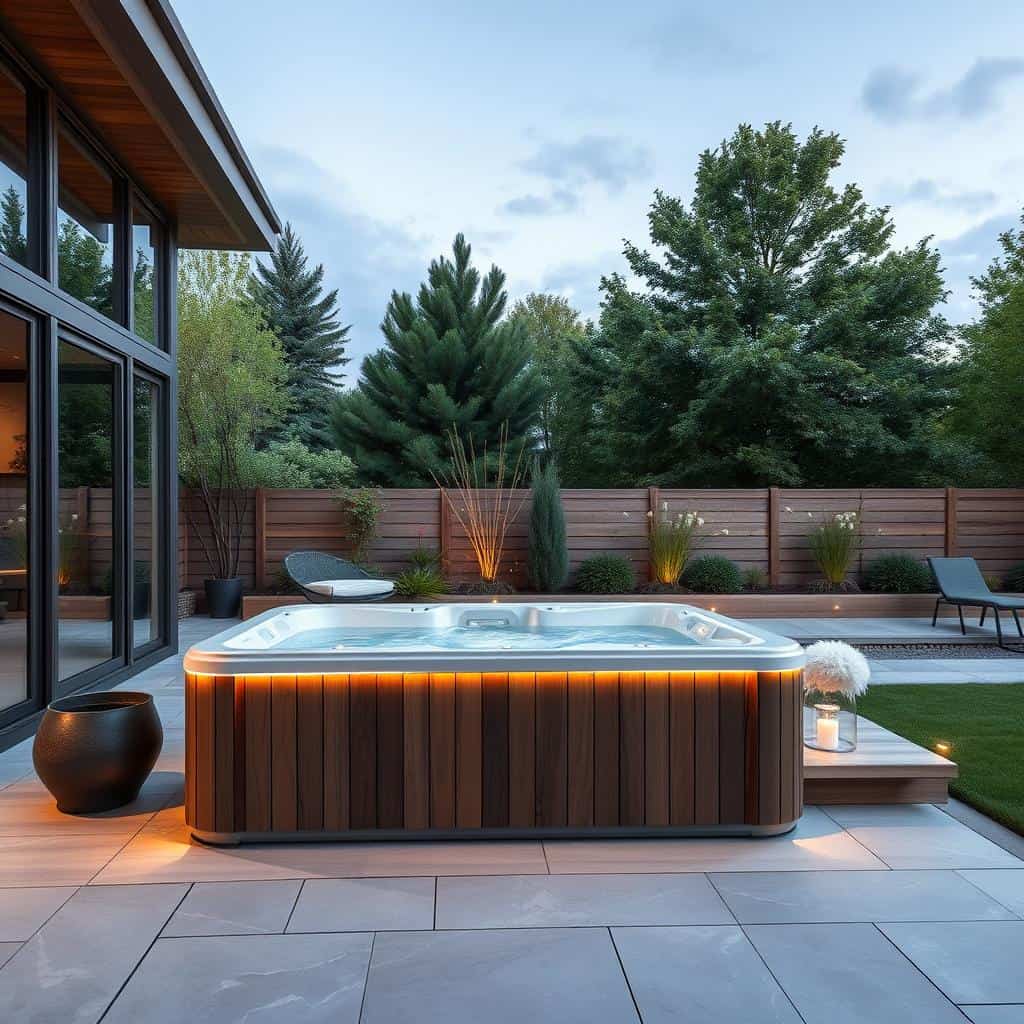
Jacuzzi tubs, once the pinnacle of bathroom luxury, are now often seen as excessive and impractical.
The allure of a leisurely soak can be overshadowed by the high water usage and the energy cost required to heat them.
Additionally, these tubs demand regular maintenance to ensure they remain hygienic. For many, the novelty of a jacuzzi bath wears off quickly, leaving a bulky feature that occupies space.
As homeowners prioritize sustainability and efficiency, the choice of a simpler, more eco-friendly bath option is increasingly appealing.
2. Formal Dining Rooms
Formal dining rooms, reminiscent of grand family gatherings, are losing their charm as lifestyles shift towards casual and open-plan living.
Once a hub for special occasions, these spaces are often left unused, gathering dust instead of memories.
The modern homeowner prefers multifunctional spaces that adapt to daily needs rather than being reserved for infrequent events.
In a world where kitchen islands and informal dining areas reign supreme, investing in a room solely for dining is becoming less practical.
It’s a trend that’s reshaping interior design priorities.
3. Carpeted Floors
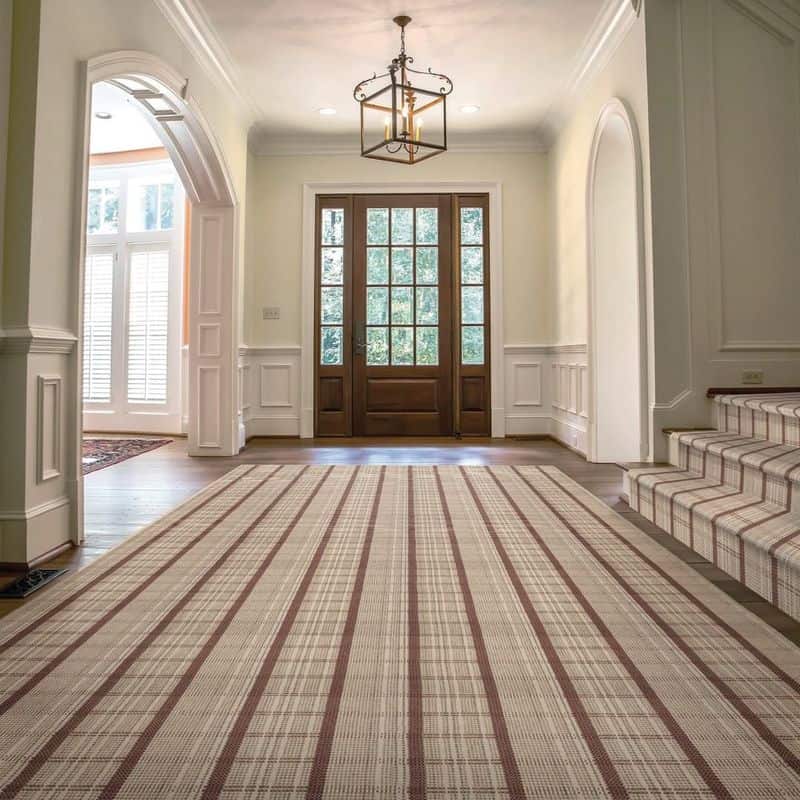
Carpeted floors, once synonymous with comfort and warmth, are now often considered cumbersome.
Carpets require meticulous upkeep, from regular vacuuming to professional cleaning, just to maintain their appearance and hygiene.
Allergens and dust mites can thrive within their fibers, posing problems for those with sensitivities.
With the emergence of stylish, low-maintenance alternatives like hardwood or luxury vinyl, many homeowners are choosing practicality over plush.
The shift reflects a broader trend towards ease and efficiency in home maintenance.
4. Extensive Landscaping
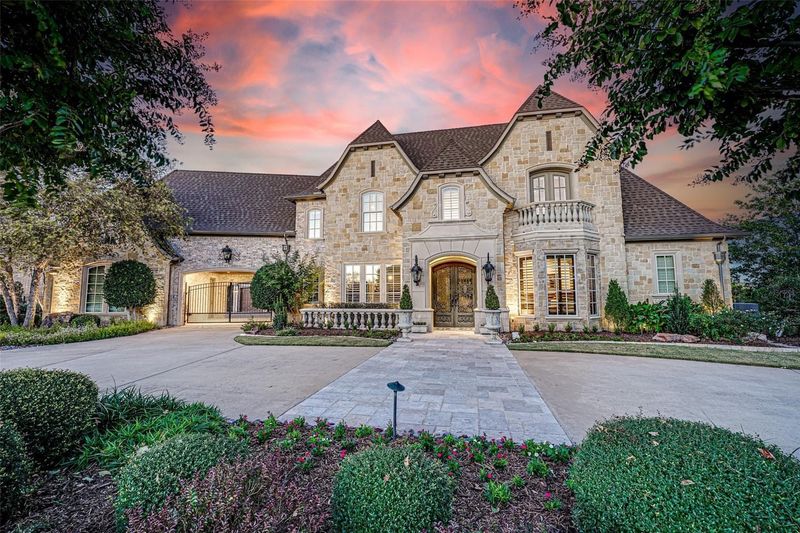
Extensive landscaping can create a picturesque scene but at a staggering cost of time and resources.
Homeowners find maintaining lush gardens demands a continuous effort, from watering and pruning to pest control.
As water conservation becomes critical, especially in arid regions, such elaborate gardens may be viewed less favorably.
Transitioning towards xeriscaping or native plant gardens offers an eco-friendly alternative. This shift not only reduces water usage but also aligns with the growing desire to simplify outdoor upkeep.
5. Home Theaters
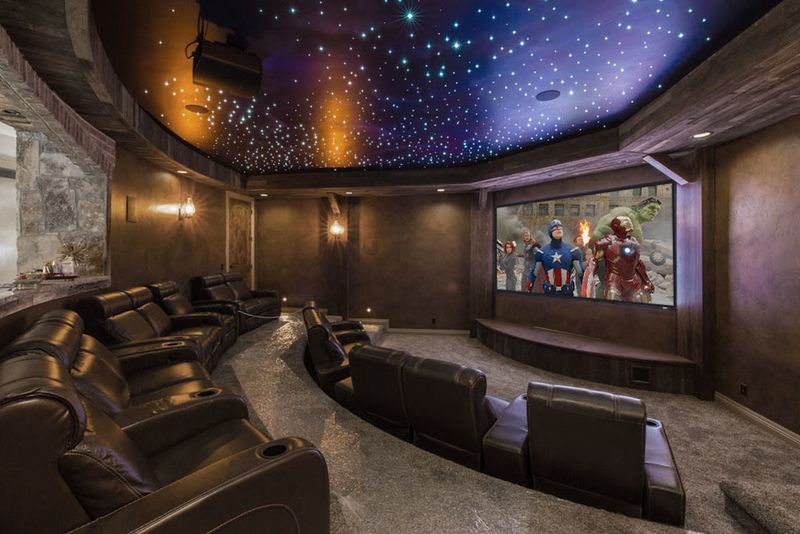
Home theaters, while once a status symbol, are being reconsidered in the age of versatile media options and compact streaming devices.
The dedicated space and high installation cost can outweigh the benefits, especially as technology becomes more accessible.
Families increasingly prefer flexible living areas where entertainment can be seamlessly integrated into everyday life.
As streaming services and smart TVs evolve, the notion of a separate theater room feels like a relic of the past, leading homeowners to repurpose these spaces.
6. Swimming Pools
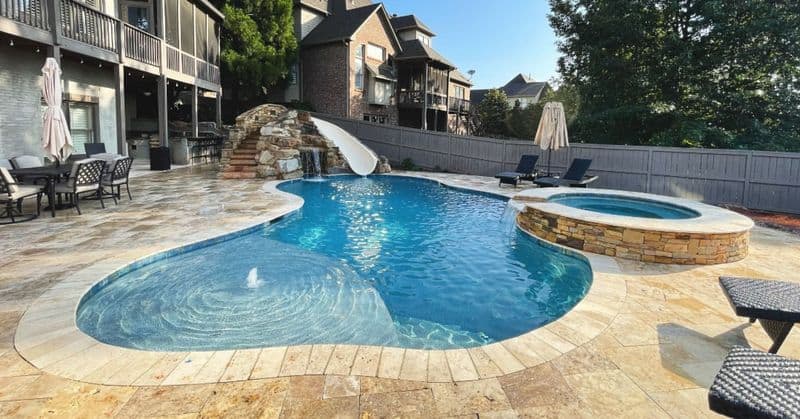
Swimming pools symbolize leisure and luxury but come with significant drawbacks. Maintenance demands, safety concerns, and liability issues can overshadow the joy of having a private oasis.
The cost of upkeep, from cleaning to chemical balancing, can become burdensome, particularly in regions with shorter swim seasons.
Homeowners are increasingly weighing these factors and opting for simpler outdoor living spaces that offer relaxation without the hassle.
7. Sunrooms
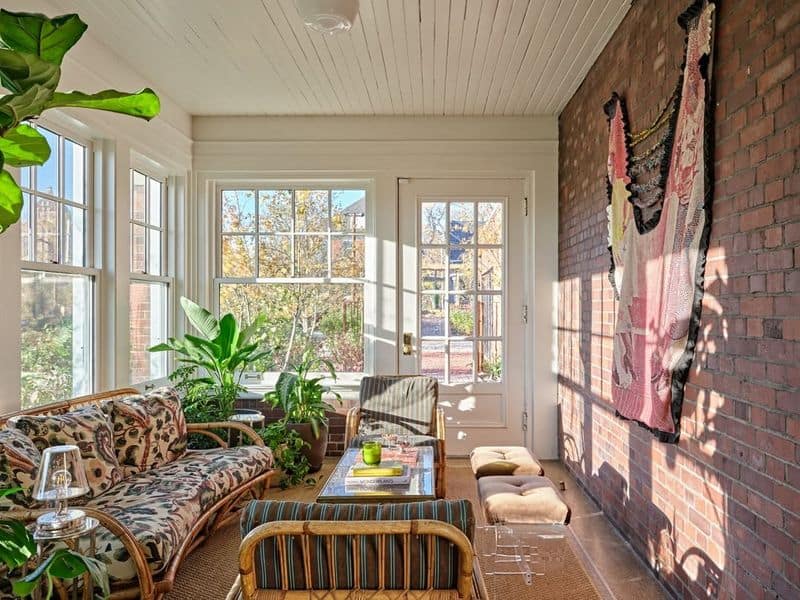
Sunrooms, with their promise of bringing the outdoors in, can become underutilized spaces that are costly to heat and cool.
While they offer a delightful spot for morning coffee, their utility often fades outside of ideal weather conditions.
Homeowners find that sunrooms may not justify the expense of construction and maintenance.
This realization is prompting a shift towards spaces that provide greater functionality year-round, such as insulated patios or enhanced living rooms that embrace nature through large, efficient windows.
8. Wet Bars
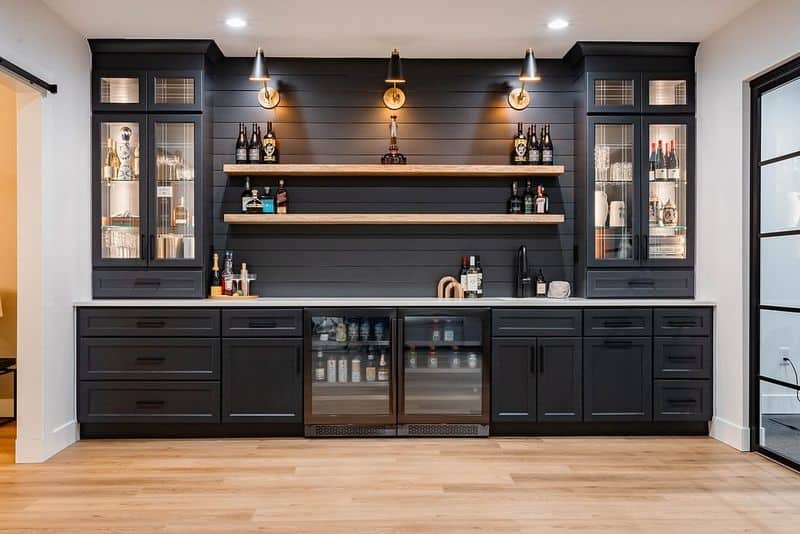
Wet bars, once a hallmark of home entertainment, are losing their appeal as lifestyles become more casual.
The need for a dedicated area for mixing drinks is less pressing with the rise of versatile kitchen spaces and portable bar carts.
The upkeep and space required for wet bars can feel excessive, especially in homes where entertaining is rare.
Modern homeowners are opting for more flexible solutions that adapt to changing needs, making traditional wet bars seem like an indulgence of a bygone era.
9. Gourmet Kitchens
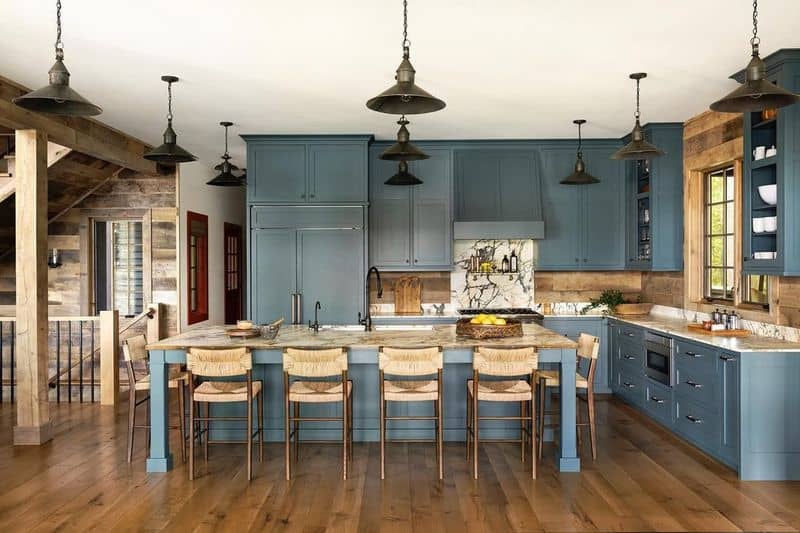
Gourmet kitchens, boasting top-tier appliances and expansive layouts, can sometimes overwhelm rather than impress.
While they cater to culinary enthusiasts, the cost and maintenance of such features may not resonate with the average homeowner.
The trend towards simple, efficient kitchen designs emphasizes functionality over opulence.
As dining habits evolve, many find that a less elaborate setup suits their lifestyle better, highlighting a preference for practicality over grandeur in culinary spaces.
10. Wine Cellars
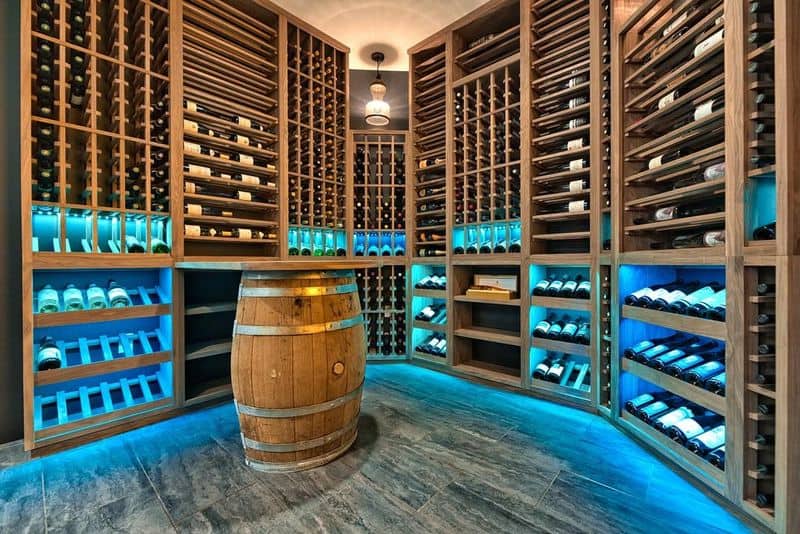
Wine cellars, enchanting for connoisseurs, are increasingly seen as extravagant and unnecessary.
The appeal of storing a personal wine collection is offset by the cost of climate control and potential underuse.
For many, the convenience of modern wine coolers offers a preferable alternative.
As wine consumption trends shift, the need for extensive storage diminishes, leading homeowners to reconsider the value of dedicating space to an opulent cellar.

